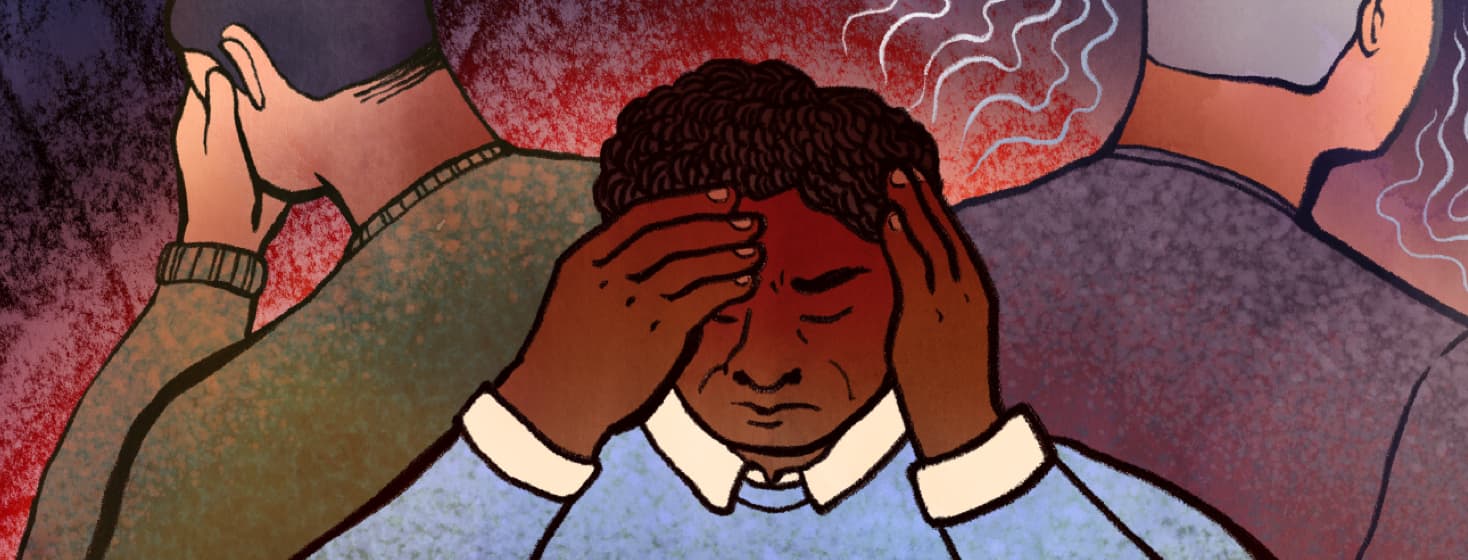Hey Guys: Beware the Stereotypes
Do we men get hep c in different ways, and does it affect us differently? For my money, there is very little difference in those ways, but how we deal with it can be/is different, and how we are treated by our peers may vary wildly.
As I understand, there are larger numbers of people who identify as men living with hep C than there are those who identify as women, but to me, it is not so substantial and significant in the big picture.
How males deal with medical issues
Men have traditionally dealt with illness and disease in different ways, and those ways may speak more to upbringing or cultural norms than anything else.
Is it inherent? Some will suggest it is to some extent.
I am sure there will be some who disagree, but there are significant differences in how we deal with diseases like hep C. Some women suggest that men are “cry-babies” and the “man-cold” is a slight against men who may whine when sick.
Is it fair? You be the judge. I have not witnessed excessive whining from men in my peer support work.
Men usually want to know how they can fix it. Maybe it is more seen by partners and spouses?
Are men less likely to reach out for support?
One big difference I have seen in my work is how men are far less likely to seek out help and support in the community. I am not suggesting it is true for all men, but women appear to be hard-wired to reach out to others, and that is their peers.
Using the term peer in respect to age, demographic, and other things that they share with other women who are themselves facing a hep C diagnosis.
This ability to share with their peers and provide support is admirable, and yes as I said, is commonly more apparent with women than we see with men, and it seems even more pronounced with older men, who may not have a network of male friends to depend on for support.
This is not unique to hep C, and you can find it across the whole medical condition spectrum.
Is it because men are still being taught from an early age, that they should not be open about their personal problems or feelings? Stoicism is long been the domain of the male and is sold as a measure of a man’s strength.
This can be strange for some women, and if most women are honest about it, they think it is silly at best. It has been mocked in popular modern culture for good reason, yet it persists, and why?
Asking for help can feel like a weakness
Some men would suggest that is an indication of weakness. Being open represents vulnerability and that it should be avoided lest we are open to belittling.
To me, this is pure rubbish. That is because the strongest trait in people is in their ability to share their truth, unblemished and raw at times.
Men rarely do share much about their own struggles, and rarely will ask for help if they can, and avoid it at all costs they will.
No, we are not the same, but we are not stereotypes either.

Join the conversation